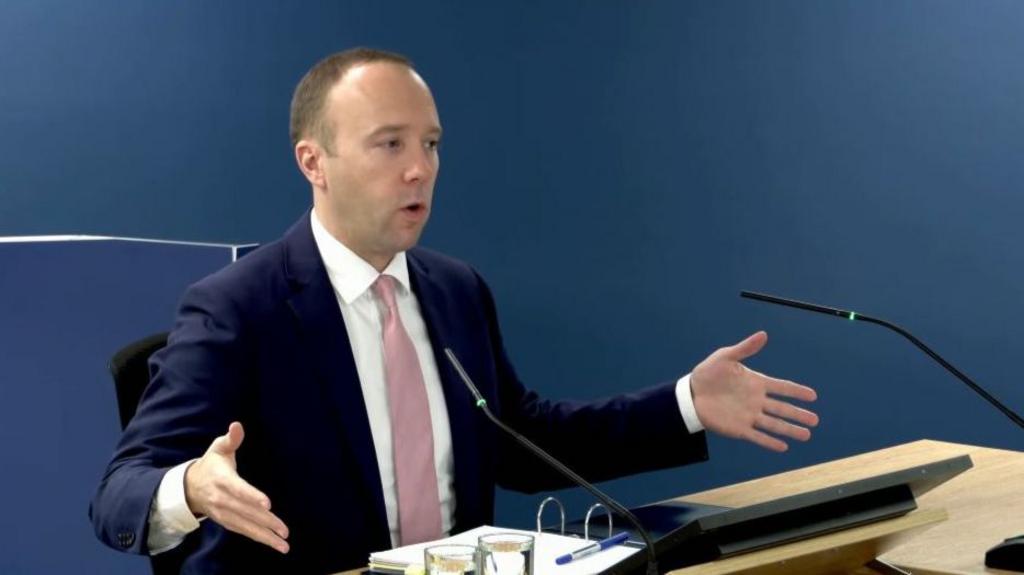Busting Mental Health Myths in South Africa: What Experts Want You to Know in 2024

Are you still falling for outdated mental health myths?
Despite increasing awareness and open conversations around mental wellbeing, harmful misconceptions continue to linger, especially here in South Africa. These myths can prevent people from seeking the help they need, leading to prolonged suffering and hindering recovery.
In this article, we’ll be tackling some of the most persistent mental health myths that are still holding us back, drawing on the insights of leading experts. We’ll debunk these beliefs and highlight the importance of evidence-based care, early intervention, and a compassionate, stigma-free approach to mental health.
Myth 1: Mental illness is a sign of weakness.
This is perhaps the most damaging myth of all. Mental illnesses are medical conditions, just like diabetes or heart disease. They are often caused by a combination of genetic, environmental, and psychological factors. Experiencing a mental health challenge takes immense strength to navigate, not weakness. Seeking help is a sign of courage, not vulnerability.
Myth 2: People with mental illness are dangerous.
The media often sensationalizes stories involving mental illness and violence, creating a false perception that people with these conditions are inherently dangerous. In reality, individuals with mental illness are far more likely to be victims of violence than perpetrators. It's crucial to remember that mental illness doesn't define a person, and most people with mental health conditions are kind, caring individuals.
Myth 3: Talking about mental health will make it worse.
Quite the opposite! Openly discussing mental health concerns can be incredibly therapeutic. Suppressing emotions and avoiding conversations only exacerbates the problem. Talking to a trusted friend, family member, or mental health professional can provide valuable support and guidance. The more we normalize these conversations, the easier it becomes for people to seek help without shame.
Myth 4: Medication is the only solution for mental illness.
While medication can be an effective part of treatment for some, it's not always necessary or the only option. Therapy, lifestyle changes (like exercise and healthy eating), mindfulness practices, and support groups can all play a significant role in recovery. A holistic approach, tailored to the individual's needs, is often the most effective.
Myth 5: Once you’ve experienced a mental health issue, you’ll never fully recover.
This is simply not true. With appropriate treatment and support, many people make full recoveries from mental health conditions and lead fulfilling lives. Recovery is a journey, and setbacks may occur, but with perseverance and ongoing care, it is possible to thrive.
Moving Forward: Breaking the Stigma and Seeking Help
It's time to challenge these outdated beliefs and create a more supportive and understanding society for those struggling with mental health challenges. Here’s what you can do:
- Educate yourself and others: Share accurate information about mental health.
- Be empathetic and supportive: Listen without judgment and offer a helping hand.
- Advocate for better mental health services: Support initiatives that promote access to care.
- Seek help when you need it: Don't be afraid to reach out to a mental health professional.
Let's work together to break the stigma surrounding mental health and create a South Africa where everyone feels empowered to prioritize their wellbeing.





